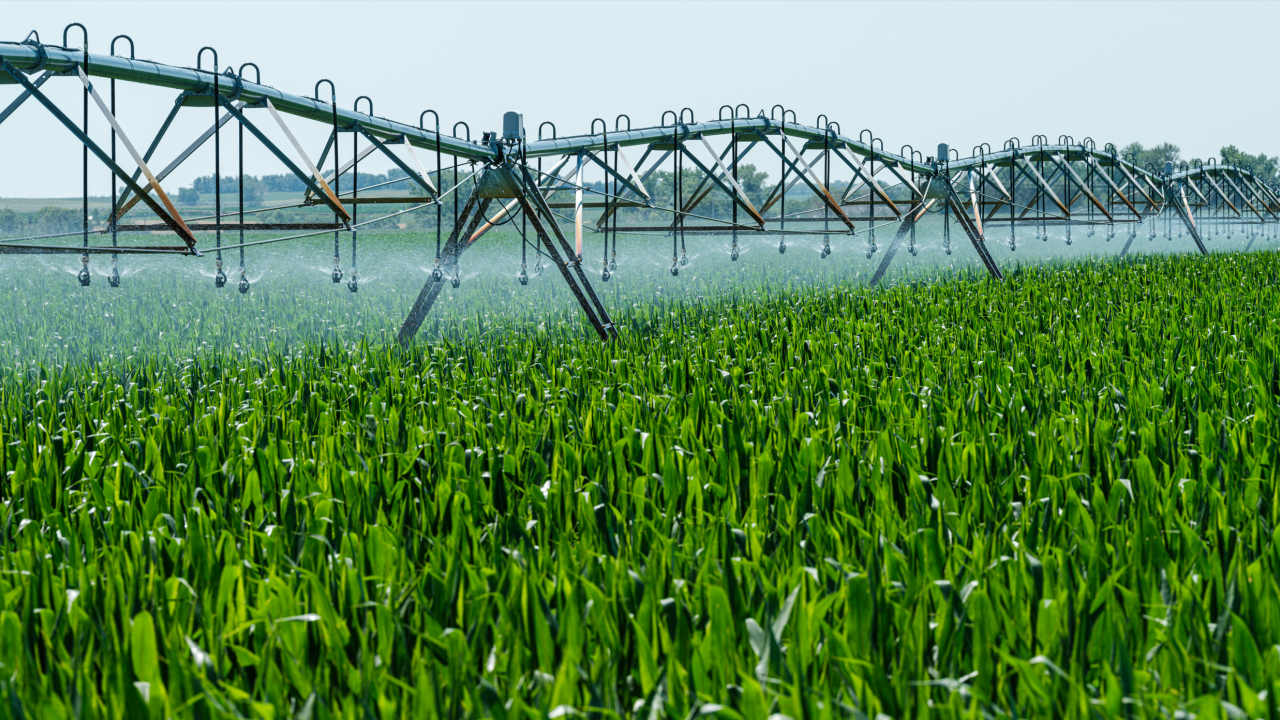Record flow in irrigation amid challenges

TASMANIAN Irrigation broke its record in water deliveries amid a challenging year in 2023-2024, its annual report shows.
Tasmania’s agricultural sector received a major boost in supply compared with the previous financial year, with 100,593 megalitres of water delivered to farmers, a 177 per cent increase.
Despite the boost to water delivery, farmers still faced a number of challenges amid a dry autumn. TI reported a net loss of $474,000 for the 2023-2024 financial year, largely due to impairments related to the Don Irrigation Scheme. Despite the overall loss, the Water Delivery division generated a profit, lifted by increased sales of general availability water.
In May, TI, along with many farmers, voiced their disappointment when the federal budget allocated no funding for the Greater South East Irrigation Scheme.
While the State Government pledged financial support for the 37,200ML scheme, its progress depends on securing federal funds.
The GSEIS is expected to integrate existing irrigation schemes, meet growing water demand and enhance the region’s agricultural output, potentially generating $120 million in on-farm investment and boosting farmgate values by nearly $100 million.
In another setback, the proposed Tamar Irrigation Scheme failed to generate enough farmer commitment to enable the design of a viable scheme.
The annual report says while the Tamar project will not go ahead as a standalone irrigation scheme, work will continue to determine whether a combined irrigation and industrial water project is feasible.
TI is working with the State Government on potentially incorporating into the irrigation scheme industrial water for a proposed hydrogen hub at Bell Bay.
Considerable investment in infrastructure upgrades included $20 million for expanding the Greater Meander Irrigation Scheme that will deliver an additional 10,500ML.
TI chair Kate Vinot and chief executive officer Andrew Kneebone said in the annual report that water availability had played a crucial role for success in crops, pastures and livestock.
“Without this game-changing water, landowners faced reduced yields, crop failure, selling off livestock and reduced revenue, which would have had a marked flow-on effect for Tasmania’s economy,” they said.
Ms Vinot and Mr Kneebone said current dry autumn conditions were a reminder of the challenges that lie ahead for the sector.

Add new comment